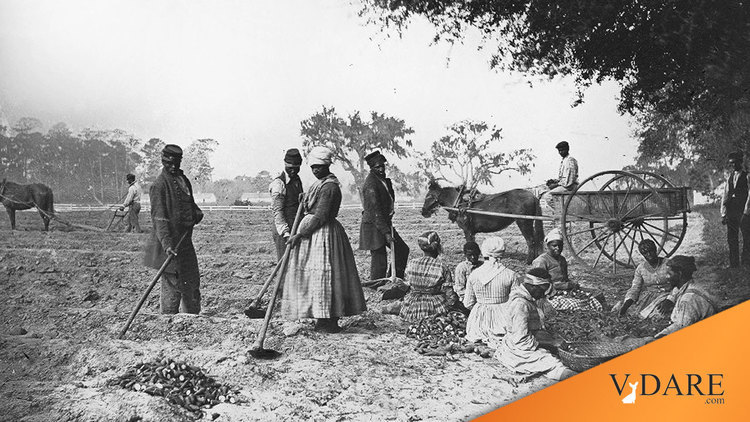
By Allan Wall
10/30/2010
"The State of Rhode Island and Providence Plantations" is the full and official name of the state of Rhode Island. But that may change after November 2nd, when a scheduled referendum could remove the "and Providence Plantations" part.
The Associated Press reports that
Voters next Tuesday [Nov. 2nd] will decide whether to change the name by dropping the words "and Providence Plantations." The issue has been debated for years, but lawmakers last year authorized a ballot question for the first time following an impassioned debate over race relations, ancestry and history.
It’s the word "plantations" …
You go anywhere and you mention plantations and what automatically comes to a person’s mind is slavery," said Nick Figueroa, 41, a member of a legislative minority advisory coalition that backs changing the name. Supporters of the referendum see the ballot question as a chance to erase the state’s links to slavery and remove a word they associate with human bondage and suffering.
There is opposition to the name change:
But opponents, including Gov. Don Carcieri, note that the state name actually has nothing to do with slavery and that, in any case, changing it will do nothing to alter history. Michael Vorenberg, a Brown University history professor, said he understands the contemporary connotation of the word "plantations" but favors keeping the name because it provokes questions. "People might naturally say, 'What does that word mean and why is it in the state name?' And that may lead to a discussion of the role of slavery in the history of Rhode Island, in the history of New England," Vorenberg said.
The article provides some history …
The phrase "Providence Plantations" appeared in the royal charter granted in 1663 by King Charles II to the colony of Rhode Island. At the time, "Plantation" was a general term for settlement or colony. In this case, it referred to the merger of the Providence settlement, which was founded by minister Roger Williams following his banishment from the Massachusetts Bay Colony, and nearby towns into a single colony.
To the name changers, it’s irrelevant what the word actually meant:
Proponents of the name change say they recognize the word "plantations" was not initially associated with slavery, but argue the original meaning is irrelevant — especially because 18th century Rhode Island emerged at the forefront of a thriving industry in which local merchants got rich off the exchange of slaves, rum, sugar and molasses among New England, the Caribbean and West Africa. They say "plantations" is inextricably linked to slavery, just as the swastika — traditionally a harmonious symbol in Hinduism and Buddhism — has since been adopted as an emblem of Nazi Germany and is today associated with ethnic hatred.
So who’s pushing for this?
The name change had previously been debated by the General Assembly but wasn’t approved for a referendum until last year, when a group of primarily African-American lawmakers made a strong push and spoke of racial divisions and the lingering negative connotations of the word "plantations." Even some legislators who said they were personally ambivalent agreed to put the issue to the voters after seeing how strongly their colleagues felt.
The ballot question in itself is a victory, regardless of what voters decide, said Harold Metts, a black state senator who helped lead the effort for the referendum.
"At least people understand why we feel the way we feel. For me, that’s part of healing," Metts said.
Wasn’t electing Obama supposed to be some sort of healing? How’s that been working out for us?
RI to Vote on Dropping ´Plantations´ From Its Name, Eric Tucker, Associated Press, Washington Post, Oct. 26th, 2010
What do you think? As our country becomes diverse, and our citizens become more ignorant of our own history, don’t you suppose disputes over names of states, counties, cities and rivers may become more common?
This is a content archive of VDARE.com, which Letitia James forced off of the Internet using lawfare.